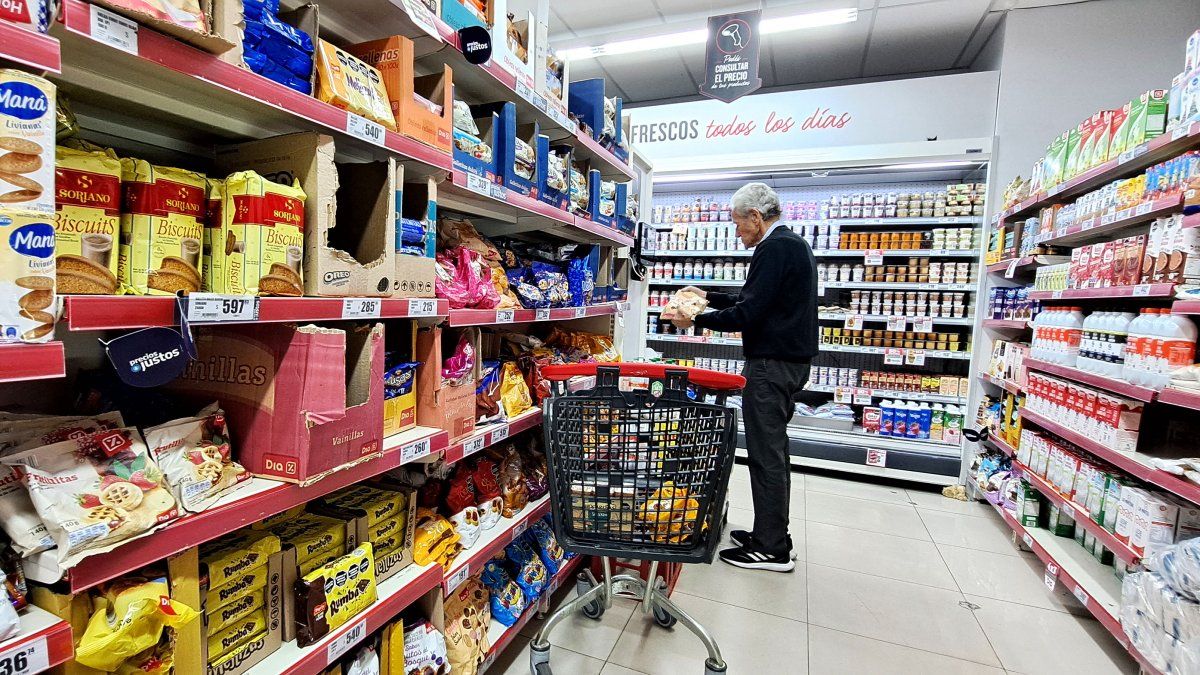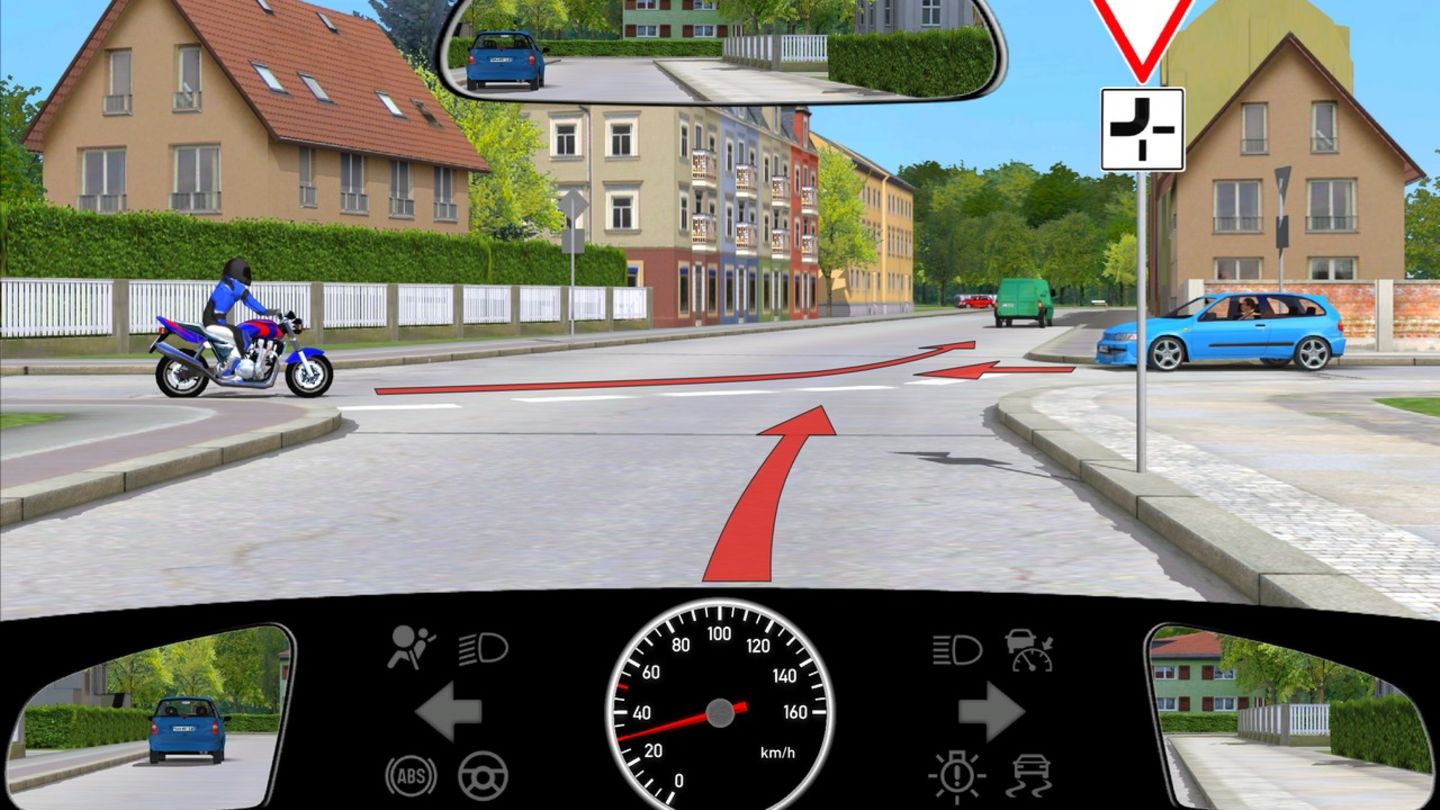In this scenario, the Ministry of Economy appealed to renew the 90-day price agreements with more than 330 companies from nine sectors, with a cap of 5% monthly increase until October. In any event, despite the government’s efforts to prevent the devaluation and jump in financial dollars from being transferred to prices, Private consultancies are already forecasting inflation of more than 10% for August.
For instance, as he pointed out to Ambit Camilo Tiscornia, director of C&T, food “They have been rising almost 6% in the last week, and 16% compared to the same week in July”. “In this way, it is confirmed that August inflation will exceed 10%”, highlighted the economist.
Meanwhile, the CPI measured by the Libertad y Progreso Foundation showed that in the third week of August retail prices closed with a weekly increase of more than 4%. “In this way, for now the month aims to close around 10%. To find a similar record, you have to go back to April 2002, in the midst of the crisis and exit from Convertibility, or to March 1991, when Argentina was coming out of its second hyperinflation,” said Eugenio Marí, the firm’s Chief Economist.
“In this opportunity, the rise in the official exchange rate was passed on to the prices of goods and services much faster, which pushes us to record a double-digit CPI for the first time in 20 years. With this, the demand for money fell again, putting even more pressure on the Government’s monetary issuance and financing capacities. Now, the key player will be the IMF, whose board of directors will have to decide whether to authorize the disbursement for Argentina and, if so, how many SDRs will be freely available and will make it possible to reinforce the depressed BCRA coffers”, highlighted Marí.
For its part, the LCG food price survey also showed a marked acceleration, registering a weekly price increase of 4.1%, accelerating 1.9 pp compared to the previous week. “August already accumulates inflation of 7.5% in just three weeks. The average monthly inflation continues to accelerate, currently located at 8.8%, levels similar to those of the peak in May,” the firm highlighted.
Impact on supermarkets
According to the Supermarket Inflation report from the Scalabrini Ortíz Center for Economic and Social Studies (CESO), “the devaluation jump meant that weekly inflation went from 1.3% to 4.8%.” “The peak registered in weekly inflation is also the highest in the entire series that we have surveyed since 2016. Monthly weekly inflation went from being in a range of 5-7% since June to rising to 20%,” the study detailed.
“In this survey we analyze the current prices in supermarket chains. In this particular segment, the Government has tried to influence with greater emphasis through price agreements. However, in the retail channel, local and with greater informality, we consider that the impact of the devaluation could have been greater according to the verbal records that we received from marketers and gastronomic cooperatives ”, they detailed from the CESO.
Meanwhile, they argued that prior to the STEP the daily inflation rate was 0.2%, while on Wednesday, August 16, a jump of 2.6% was registered. “The following two days it fell slightly, but still well above the rate that had been registered prior to the STEP and the devaluation. Just over the weekend some stability in prices was observed. With this, daily inflation quadrupled, going from an average of 0.2% to an average of 0.8%”, they highlighted.
Finally, when analyzing the items that had the greatest incidence in the increases, “those with a higher import component stand out, such as household appliances in general (freezers and refrigerators, video games and computers, air conditioning, audio and TV, etc.)”. “Therefore, the pass-through of the devaluation in the electronic item is almost complete in less than a week,” they detailed.
“Within everyday consumer products, meat led (+12% weekly). In the first days there was a significant increase in the price of meat, around 10% in all cuts of beef. If it is added to the increase registered in the week prior to the PASO, in the month of August bovine meat accumulated an increase of 20%”, they added.
Source: Ambito




